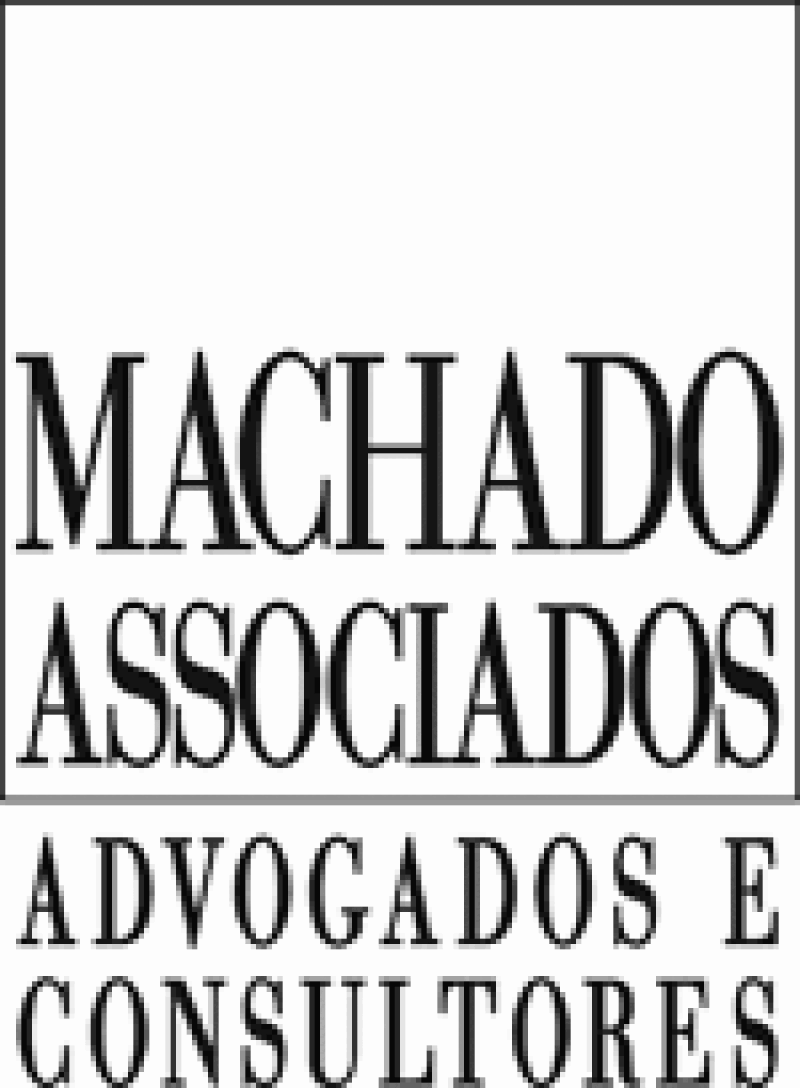The Brazilian tax authorities have made a key ruling about the resale price less profit method. The method can now be used on import transactions.
Law 9430/96 established control of import and export prices charged on transactions carried out between Brazilian legal entities and their related parties (individual/legal entity resident or domiciled abroad) or individual/legal entities resident or domiciled in a reduced taxation country. It encompasses import and export of goods, services or rights and interest payments between related parties, as technically defined by law.
To arbitrate import and export transaction prices, Brazilian taxpayers must choose the method that best fits their needs among those established by tax legislation. The ones related to import transactions are comparable independent prices (PIC), production cost plus profit (CPL) and resale price less profit (PRL).
The application of the PRL method to arbitrate the import price of goods to be consumed or used in the manufacturing process was previously vetoed by normative instruction 38/97. Such restriction ended as of January 2000, with the implementation of Law no. 9959/2000, which authorised the use of the PRL method in these cases, but using a profit margin of 60%.

Based on that ruling, the tax authorities have assessed the taxpayers (most of them in the pharmaceutical area) who arbitrated the import price of goods that were used or consumed in the manufacturing process according to the PRL method.
The Taxpayers’ Council (second level of the administrative court) has analyzed the pharmaceutical industries’ appeals and has decided in their favor due to the following reasons, among others:
(i) according to the Brazilian Federal Constitution, only the law can state or raise tax while the normative ruling can merely clarify the content of a law;
(ii) the restriction was only included in a normative ruling and not in a law; and
(iii) at that time, Law 9430/96 did not prevent the use of PRL (20% profit margin) in case the imported goods were used in the manufacturing process.
Another aspect related to the PRL method (60% margin) that has been discussed by taxpayers and requires further clarification is the calculation established by IN SRF 243/02.










